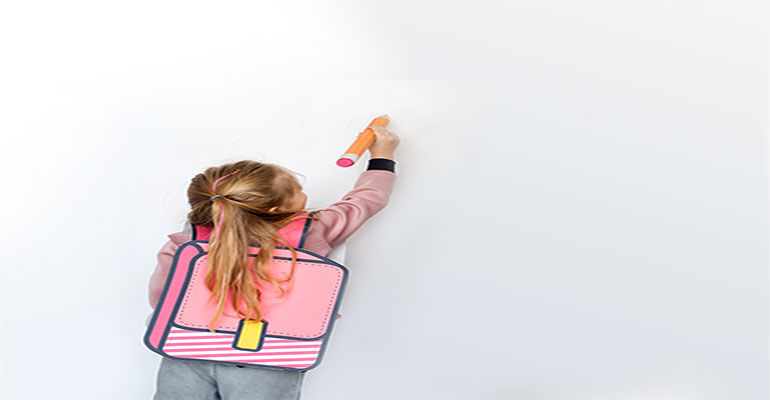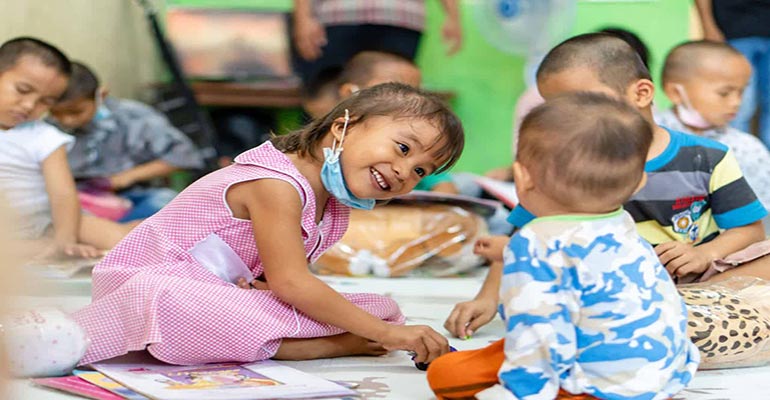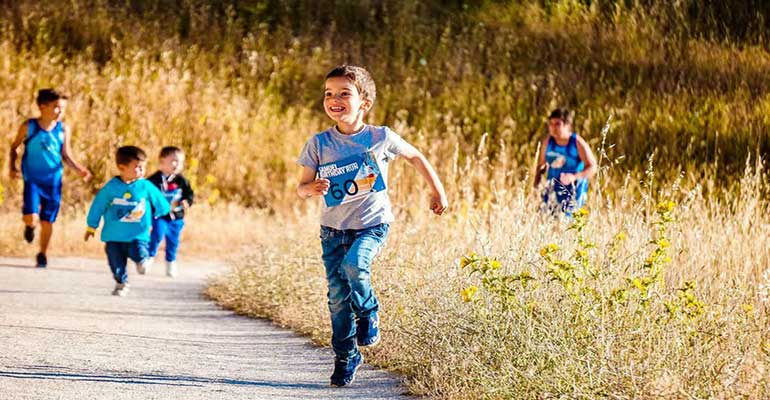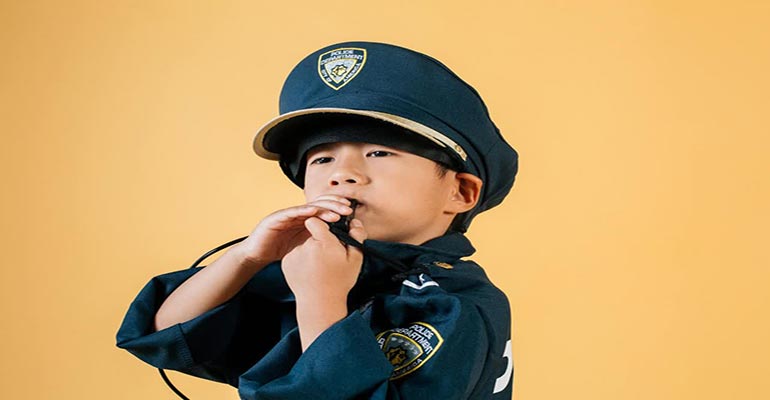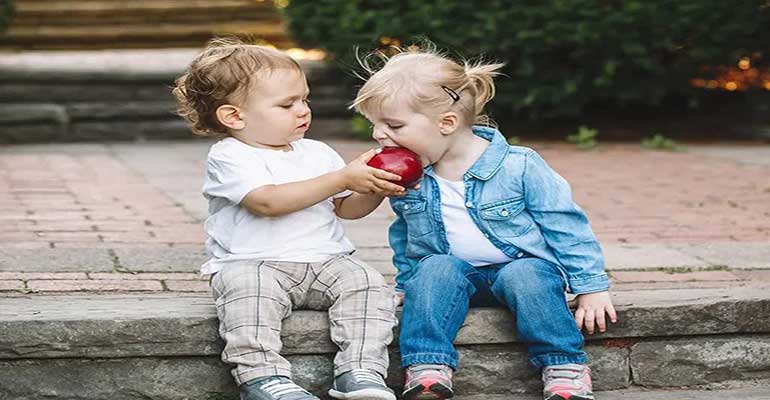Why Doesn't Your Child Have Friends? Pay Attention to These Factors
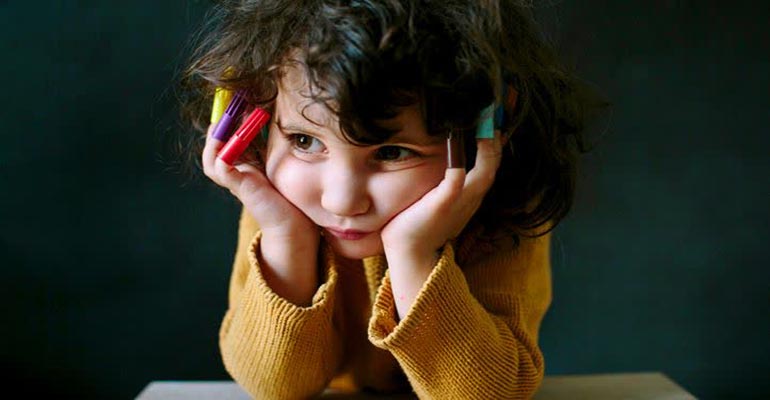
1. Shyness
Shyness is a significant barrier to forming friendships. Some children are naturally more reserved, which can make it challenging for them to initiate interactions with others. If your child lacks confidence in group settings, they may withdraw and struggle to connect with peers.
2. Social Skills Deficits
Effective social interaction requires specific skills, such as starting conversations, active listening, and expressing opinions. Children who lack these skills relative to their peers may face rejection. Focusing on improving these social abilities can enhance their chances of making friends.
3. Past Experiences
Previous negative experiences significantly impact children's behavior when faced with new social interactions. If your child has encountered rejection or neglect, they may approach forming relationships with caution. Acknowledging and addressing these past experiences is crucial.
4. Low Self-Esteem
Self-esteem and self-respect play a vital role in social interactions. Children who lack self-confidence or feel inadequate may struggle to initiate conversations or feel comfortable in social settings. Building their self-esteem is essential for healthy social development.
5. Inappropriate Behavior
Certain behaviors, such as envy, aggression, or insensitivity, can alienate others. If your child exhibits inappropriate conduct, peers may avoid them. Teaching empathy, kindness, and respectful behavior is essential for fostering positive relationships.
Conclusion
As a parent, understanding these factors can help you support your child in developing meaningful friendships. Encourage social skills, address past experiences, boost self-esteem, and guide them toward positive behavior. Remember that every child is unique, and patience and empathy are essential in their social journey.









